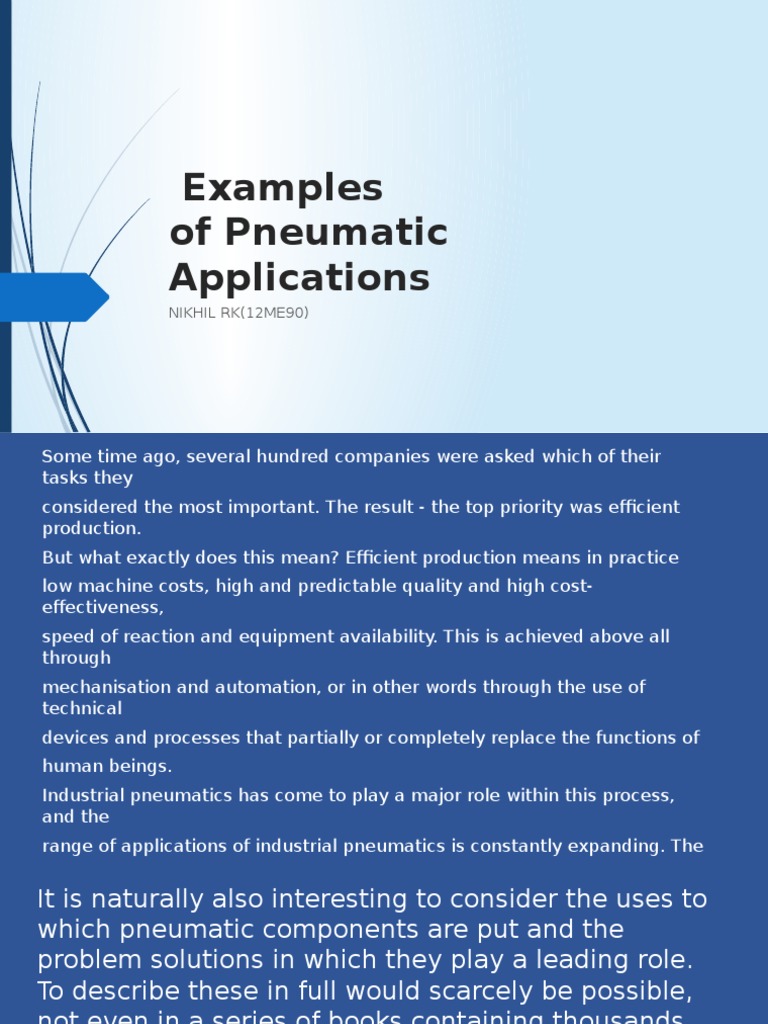High-Performance Computing (HPC) is an increasingly critical field that enables the execution of complex calculations and simulations, which are essential across various domains such as scientific research, engineering, and data analytics. An HPC engineer is an expert who designs, implements, and manages systems and solutions that utilize HPC methodologies to solve large-scale computational problems. This article explores the multifaceted role of an HPC engineer, including their primary responsibilities, necessary skill set, application domains, and future trends that shape the field.
1. Defining the Role of an HPC Engineer
The primary function of an HPC engineer is to develop and maintain the infrastructure that allows for high-performance computing. This often involves working with supercomputers or clusters of computers that are interconnected to solve parallel problems. The role may also overlap with that of a systems architect, where engineers are tasked with optimizing hardware and software interactions to enhance performance and efficiency.
HPC engineers are responsible for ensuring that computational tasks are executed in a manner that maximizes throughput while minimizing latency. They must be adept at configuring operating systems and networks specifically for performance, which can require considerable knowledge of parallel programming paradigms.
2. Core Responsibilities
An HPC engineer’s responsibilities can be grouped into several key categories:
- System Design and Configuration: This includes setting up and optimizing hardware components, such as CPUs, GPUs, and memory, tailored for high-performance tasks.
- Software Development: Engineers often write code to optimize existing applications or develop new programs that leverage the capabilities of HPC environments.
- Performance Tuning: Identifying bottlenecks in processing and implementing solutions to enhance performance metrics is a critical task. This may involve algorithm optimization or modifying system architecture.
- Infrastructure Management: HPC engineers oversee the operational health of computing environments, ensuring reliability and continuity of services.
- User Support and Training: They often serve as a liaison between end-users and the computational resources, providing guidance and troubleshooting assistance.
3. Essential Skills and Knowledge
To excel as an HPC engineer, an individual must possess a multifaceted skill set. This includes:
- Programming Proficiencies: Familiarity with programming languages such as C, C++, Fortran, and Python is imperative, as these languages are commonly used in high-performance applications.
- Parallel Computing: Understanding parallel computation models and frameworks like MPI (Message Passing Interface) and OpenMP (Open Multi-Processing) is crucial for optimizing applications.
- Operating Systems Expertise: Proficiency in Linux and other HPC-oriented operating systems aids in managing the infrastructure effectively.
- Networking Skills: Knowledge of high-speed interconnect technologies such as InfiniBand and Ethernet is necessary for enhancing data transfer rates between nodes.
- Mathematics and Algorithms: A solid grasp of advanced algorithms and numerical methods is essential to facilitate effective computational problem-solving.
4. Application Domains
The versatility of HPC spans an array of disciplines, creating vignettes where HPC engineers play pivotal roles:
- Scientific Research: HPC is indispensable in fields like astrophysics, genomics, and climate modeling, where vast datasets require extensive computational resources.
- Engineering Simulations: In disciplines such as computational fluid dynamics (CFD) and structural analysis, HPC enables engineers to perform simulations that help in the design and testing of new products.
- Artificial Intelligence and Machine Learning: HPC infrastructures are often harnessed to train sophisticated machine learning models, leveraging parallel processing to handle large volumes of data efficiently.
- Financial Modeling: In finance, HPC enables institutions to perform risk assessments and quantitative analyses, streamlining complex algorithms that aid in decision-making.
5. Future Trends in HPC Engineering
As technology persists in advancing, so too does the landscape of high-performance computing. Several emerging trends are expected to influence the role of HPC engineers in the years to come:
- Quantum Computing: The integration of quantum computing into HPC capabilities promises to revolutionize data processing by allowing computations that are currently implausible.
- Exascale Computing: The transition towards exascale systems, capable of executing a billion billion calculations per second, will drive advancements in system architecture and optimization techniques.
- Edge Computing: As IoT devices proliferate, HPC engineers may find themselves optimizing distributed computing resources at the network’s edge, diminishing latency for time-sensitive applications.
- Increased Collaboration: Interdisciplinary collaboration in HPC projects will likely become more prevalent, with engineers working alongside domain experts to tailor solutions for specific challenges.
In summary, the role of an HPC engineer is complex and multifaceted, demanding a comprehensive skill set and the ability to adapt to ever-evolving technologies. As the importance of high-performance computing continues to grow, so too will the opportunities for engineers in this dynamic and cutting-edge field. The future of HPC is bright, filled with potential for innovation and discovery across an eclectic range of applications.












